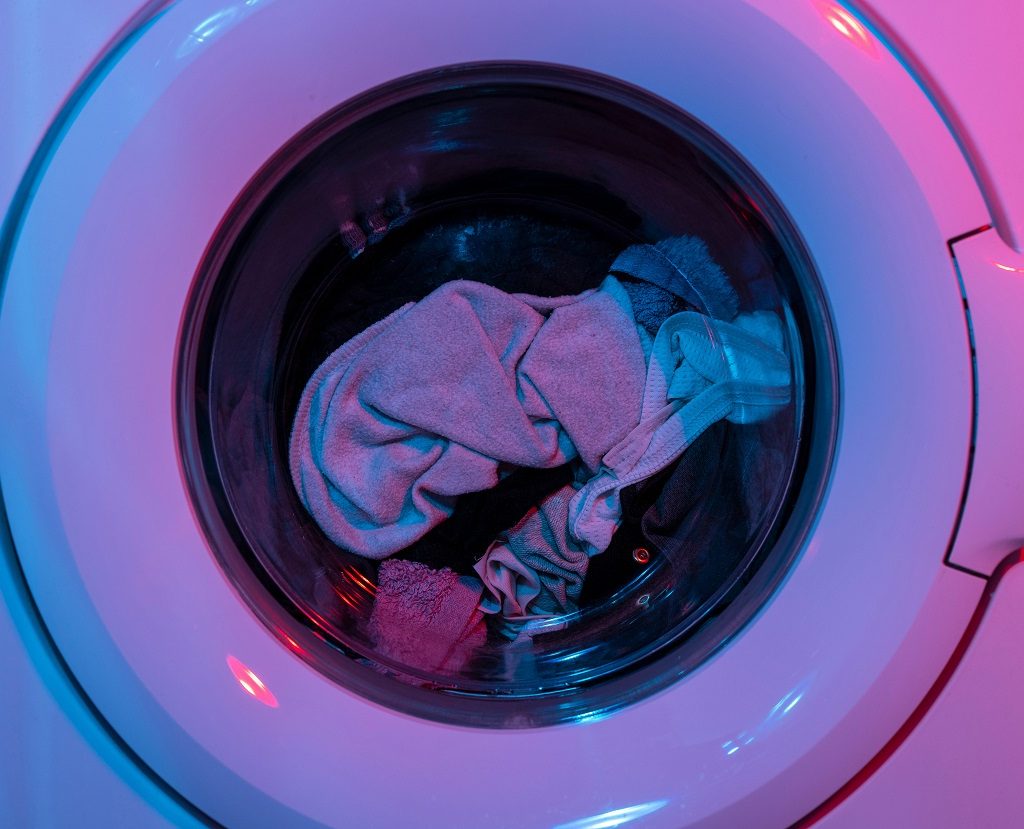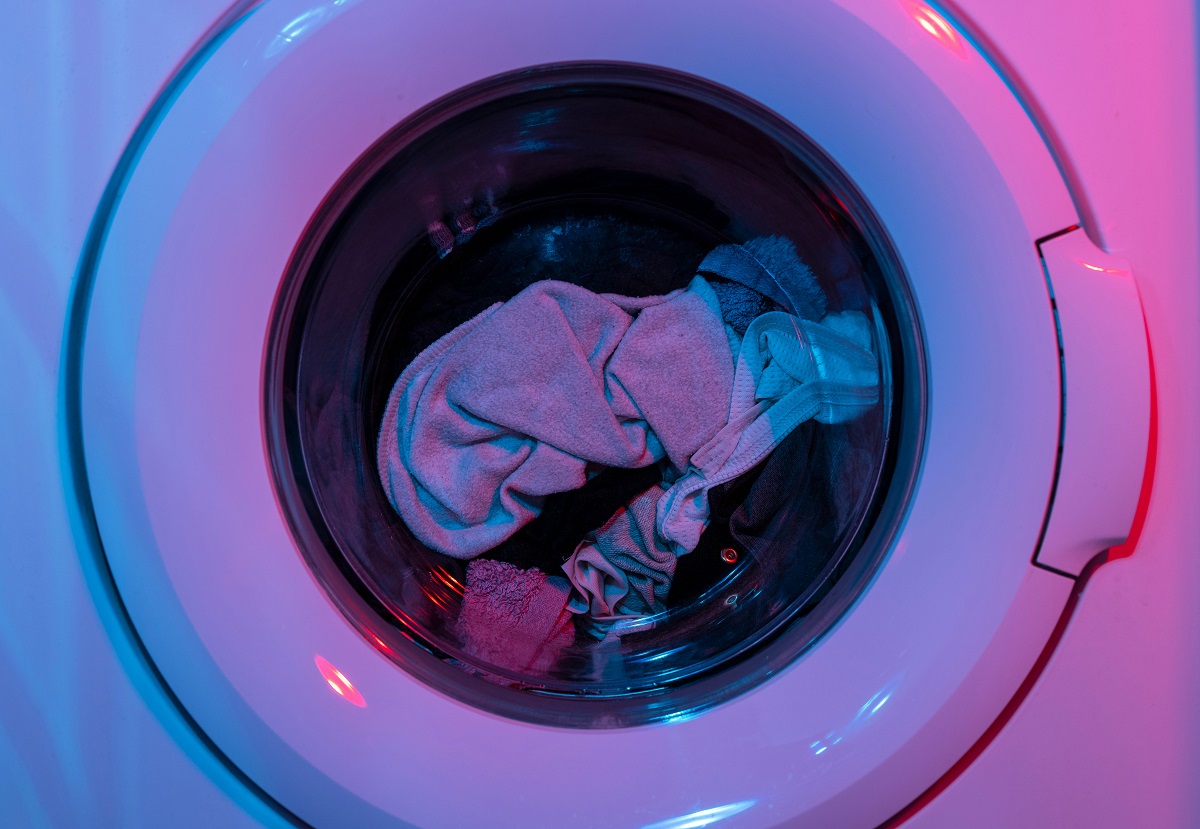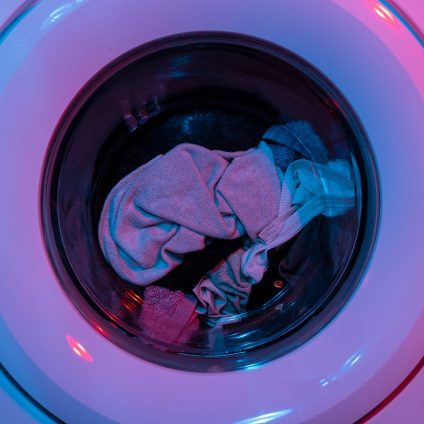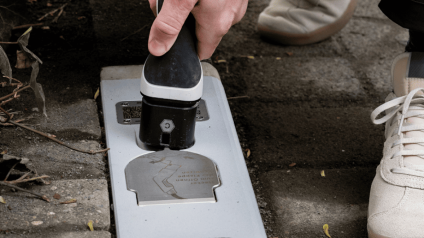A new study shows that natural ingredients like wood nanofibers and corn proteins can effectively clean clothes and dishes, rivaling commercial products.

A sustainable detergent made from natural materials
An eco-friendly detergent is a dream shared by almost everyone. The chemicals that make conventional cleaning products so effective can seriously disrupt ecosystems when improperly disposed of. But new research shows that it’s possible to create a sustainable detergent from natural materials. The ingredients? Wood nanofibers and corn proteins, emulsified together to remove dirt from clothes and dishes, just like commercial products.
The environmental toll of conventional cleaning products
As environmental pollution continues to rise and awareness grows about the potential harm of household cleaning products, companies have been searching for safer, more sustainable alternatives to ingredients like alkylphenol ethoxylates and phosphates. Yet, a truly eco-friendly detergent remains elusive. Natural formulas are often difficult to produce and rinse effectively, leading to higher manufacturing and retail costs.
A natural formula for tough stains
In response to this challenge, Pengtao Liu of Tianjin University of Science and Technology developed a detergent using ingredients sourced from renewable raw materials. His team combined cellulose nanofibers derived from wood with zein proteins extracted from corn to create an emulsion-based cleanser.
Cellulose, which both attracts and repels water, is ideal for forming emulsions and lifting various stains. Zein helps stabilize the emulsion and retain oils. Liu and his colleagues tested the detergent’s performance on cotton fabrics and dishes stained with ink, chili oil, and tomato paste. They then compared the results to those of laundry powder and commercial dish soap diluted in deionized water.
How does an eco-friendly detergent perform?
At a 1% concentration, the natural detergent was slightly less effective than conventional laundry powder when used on cotton fabric. However, at 5%, the bio-based detergent outperformed the powder. Microscopic analysis revealed that it left no residue on cotton after washing and rinsing.
The research team also successfully tested its ability to remove chili oil from ceramic, stainless steel, glass, and plastic dishes. On stainless steel, the wood-and-corn-based solution removed 92% of the stain, compared to 87% for a commercial detergent. The takeaway? Wood and corn may offer a sustainable, natural alternative to synthetic cleaning agents.














